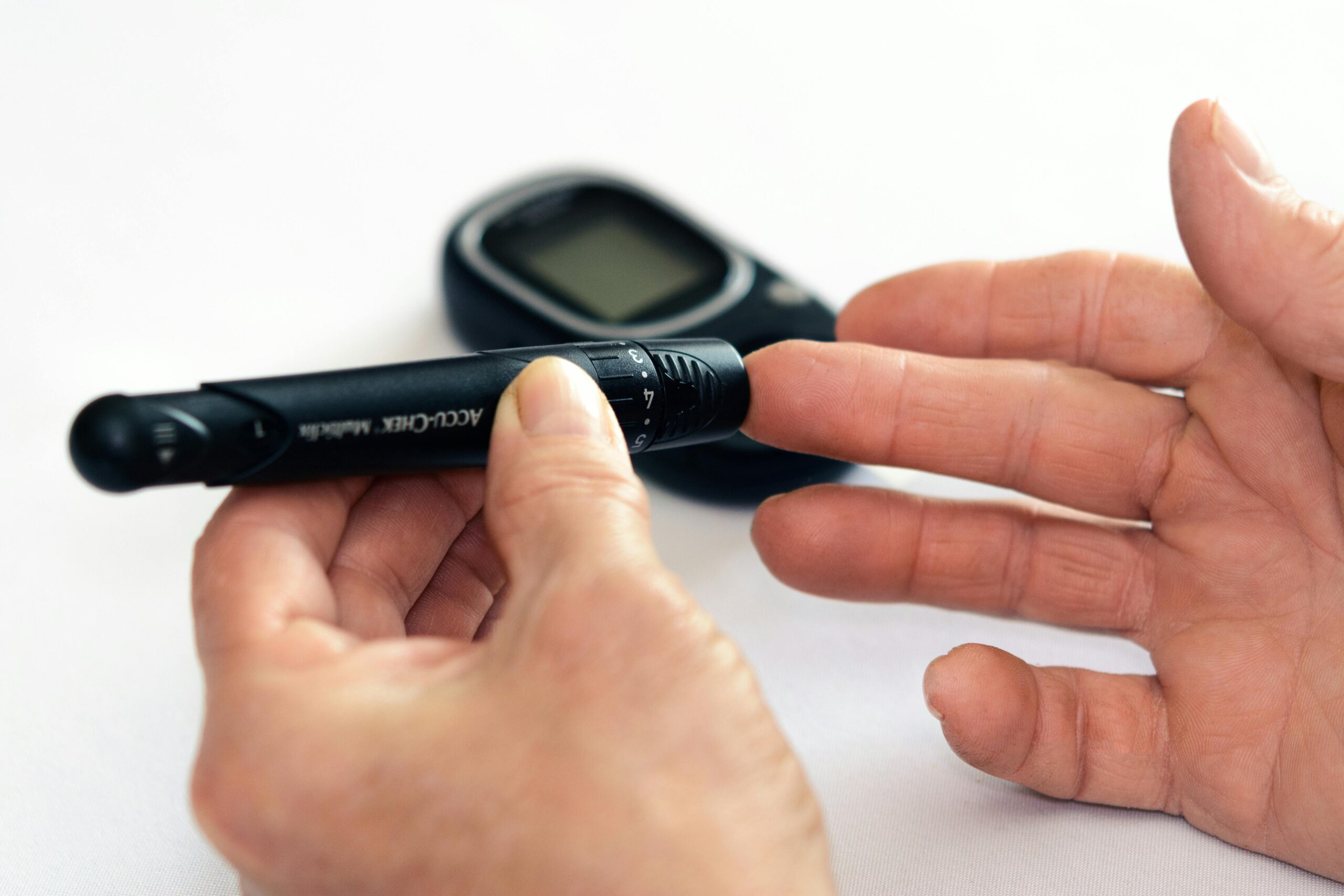As business owners, it’s crucial to recognize that hard-to-clean devices are ubiquitous and pose significant risks due to constant human contact. Items such as cell phones, advanced electronics, and everyday objects like wallets, keys, and eyeglasses are prone to contamination through interactions with contaminated hands and surfaces. Pathogens can persist on these devices for extended periods, ranging from hours to weeks. Devices made from materials like plastic, fabrics, or polymers, especially those with complex surfaces, are particularly challenging to clean. Traditional chemical cleaning methods, such as wipes, require prolonged “wet contact time” on the entire surface, making it difficult to apply consistently to porous, intricate surfaces. These materials often absorb chemicals or feature microscopic ridges and grooves, allowing germs and bacteria to evade cleaning agents despite meticulous efforts. Wipes and chemicals are primarily intended for hard, flat, non-porous surfaces like metal countertops and are not suitable for the consistent, rapid disinfection required by hard-to-clean devices.
While the healthcare industry provides stark examples, risks associated with improper cleaning extend beyond medical devices. Shared devices like virtual reality (VR) headsets, fitness equipment, and office tools, which are frequently used by multiple individuals, can also become vectors for health risks without proper cleaning protocols. For instance:
1) VR Headsets:
Prolonged use by multiple individuals without cleaning can lead to increased levels of microbes, including multi-drug resistant and infection-causing bacteria, on the forehead and nosepieces of VR headsets. Contaminated headsets are considered infection control risks. Sometimes, these devices are “cleaned” by disinfectant wipes, but those wipes only provide an illusion of cleaning. VR headsets are usually made of porous fabric, and these disinfectants degrade the materials, rendering them uncleanable over time. It is important to note that wipes are not effective on complex, porous surfaces like plastics, fabrics, and leather. Furthermore, wipes require different ranges of wet contact time, which is difficult to maintain on porous surfaces.
2) Fitness Equipment:
Shared gym equipment is notorious for harboring bacteria, with studies showing that some surfaces contain more germs than public restroom facilities. Depending on the equipment, the usual disinfectant wipe method may not adequately remove the germs. It is regularly known in the industry that proper disinfection is required between users, leading one to possibly be found liable pursuant to the consumer expectation test as the ordinary consumer would know.
3) Office Tools:
Shared keyboards, headsets, and desks can spread illnesses among employees, reducing workplace productivity and increasing health-related costs. These devices are rarely cleaned. When they are, wipes often fail to provide adequate coverage and may degrade both hard and soft surfaces over time.
For businesses looking to safeguard against these risks and ensure compliance with cleaning protocols, consider reaching out to Twisdale Law. Our strategic offices in North Carolina, South Carolina, and Tennessee allow us to provide comprehensive legal guidance tailored to your specific needs. Our experienced legal team can assist you in implementing effective strategies to minimize risks, ensuring your business is well-protected across multiple jurisdictions. By partnering with us, you can proactively address potential liabilities and enhance your company’s resilience against legal challenges.








